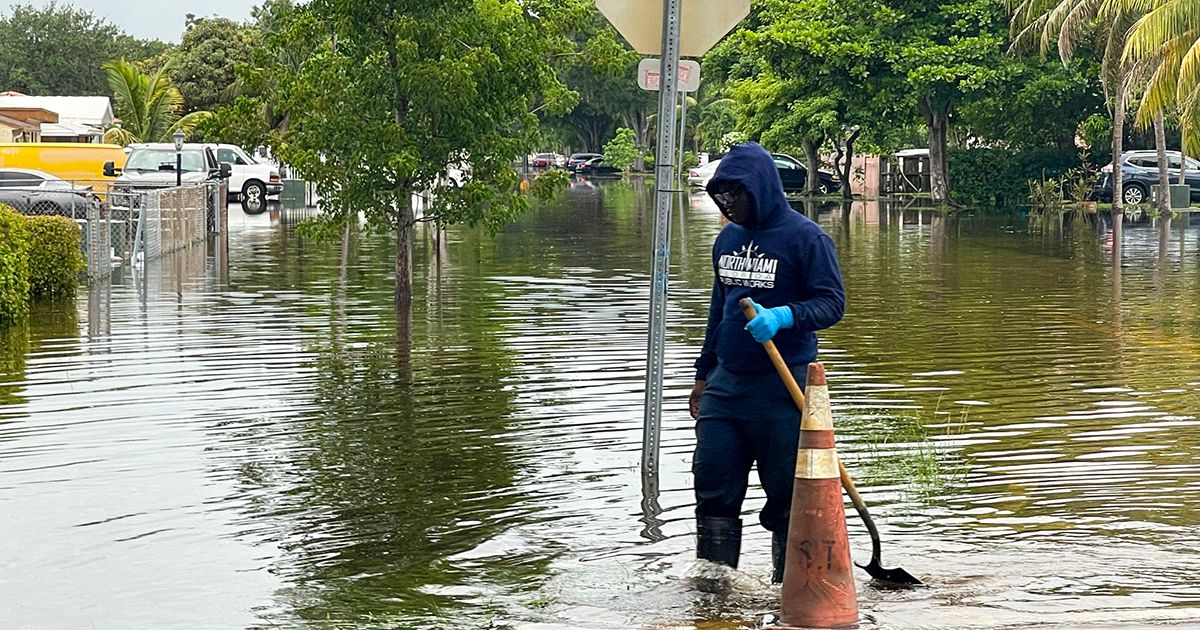The ECDC confirms that the variants circulating in China “do not constitute a challenge” for the European Union.
Lhe European Center for Disease Prevention and Control (ECDC) confirmed in an advisory published on Tuesday that the coronavirus variants present in China are already circulating in the European Union (EU) and therefore do not constitute “a challenge” for the immune response of EU or European Economic Area (EEA) citizens.
“In addition, EU/EEA citizens have relatively high levels of immunization and vaccination”, repeats the ECDC, shortly before a meeting, scheduled for 2 p.m., of health experts from member states and the European Commission. , within the Health Security Committee, and on the eve of a meeting of the crisis body (IPCR) of the EU.
“The number of covid-19 cases has reached an all-time high in mainland China, peaking on December 2. In the last three weeks the incidence has decreased, probably also due to a lower number of tests being carried out, which has generated fewer detections of infections. There is still a lack of reliable data on China’s covid-19 cases, hospital admissions, deaths, and intensive care unit (ICU) capacity and occupancy. High levels of SARS-CoV-2 infections and increased pressure on health services in China are expected in the coming weeks, due to low population immunity and slackening of interventions non-pharmaceuticals,” according to this ECDC opinion.
However, “given the higher population immunity in the EU/EEA, as well as the earlier emergence and subsequent replacement of variants currently circulating in China by other omicron sublines in the EU/EEA , an upsurge in cases in China is not expected to impact the epidemiological situation of covid-19 in the EU/EEA,” according to the agency.
Coronavirus: Belgium takes new measures in the face of the outbreak of cases in China
Already last week, the ECDC had deemed “unjustified” the imposition of screening measures and entry restrictions into the EU for travelers from China.
More than a dozen countries have imposed covid tests on passengers arriving from China in recent days, worrying about the lack of transparency on infection figures and fearing the appearance of new variants.
Threat of “countermeasures”
Beijing condemned these decisions on Tuesday, devoid of scientific basis according to the communist regime which threatens to “take countermeasures”. From Sunday, Beijing will no longer impose a quarantine on people arriving from abroad, but continues to ask travelers for a negative PCR test. China itself has not been issuing tourist visas for nearly three years.
The EU has not yet found a coordinated response in this regard. Following European recommendations, Belgium decided on Monday that the wastewater from planes landing at Brussels Airport from China (two per week) will be analyzed by genomic sequencing, in search of possible new variants. Another measure: travelers returning from China and experiencing covid-like symptoms will have to undergo a PCR or antigen test, for analysis by genomic sequencing.
As for a Covid test obligation, it would not make much sense when entering the territory, given the size of the country and the few direct flights, according to the Minister of Health Frank Vandenbroucke. Calling for a test from China to Europe would only make sense if Europe coordinates, with a reintroduction of the Passenger Locator Form (PLF) to allow tracking of people coming from China, according to him.
Coronavirus: Which countries impose restrictions on travelers from China? (Interactive map)
The European Commission said it was ready on Tuesday to follow up on the meetings of Tuesday and Wednesday. She also recalls having offered Beijing public health expertise and vaccine donations for a long time, and says she has reiterated this offer recently, without a response to date.
While the reliability of the data from China remains difficult to verify, the Commission confirms that it is “not possible for it to comment on the quality” of this data. She says she is counting on the World Health Organization (WHO) to get involved in this issue. “Decisions must be based on science, we insist on the importance of being based on solid, objective and long-term data, and that all countries do so”, according to a spokesperson for the European executive.
Coronavirus: omicron, the last of the Sars-Cov-2 variants?





